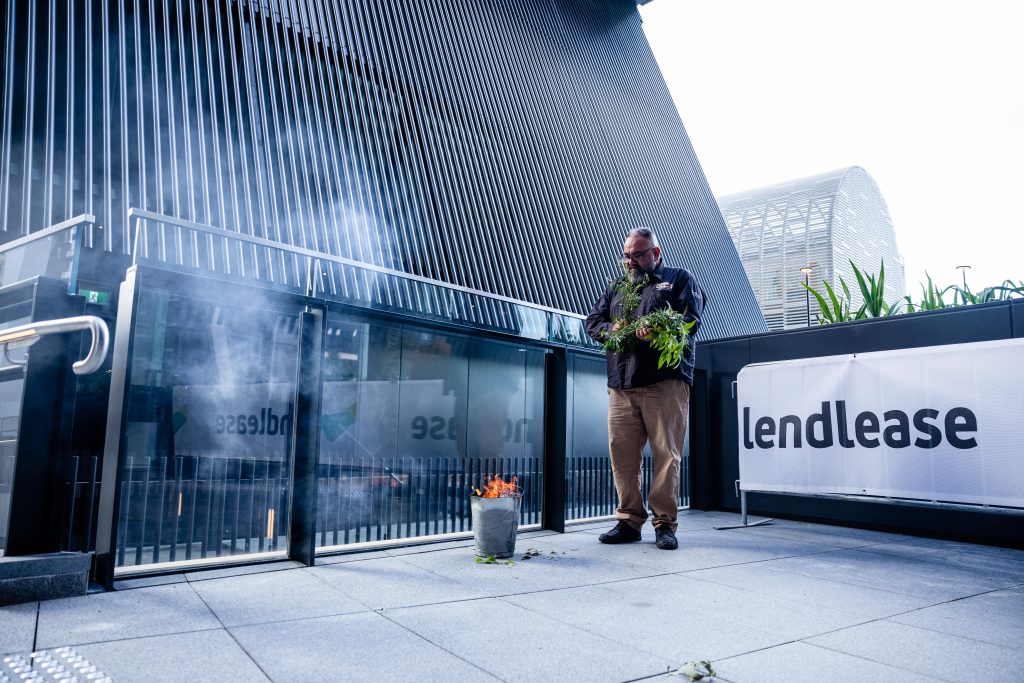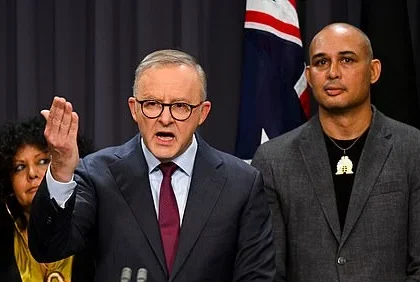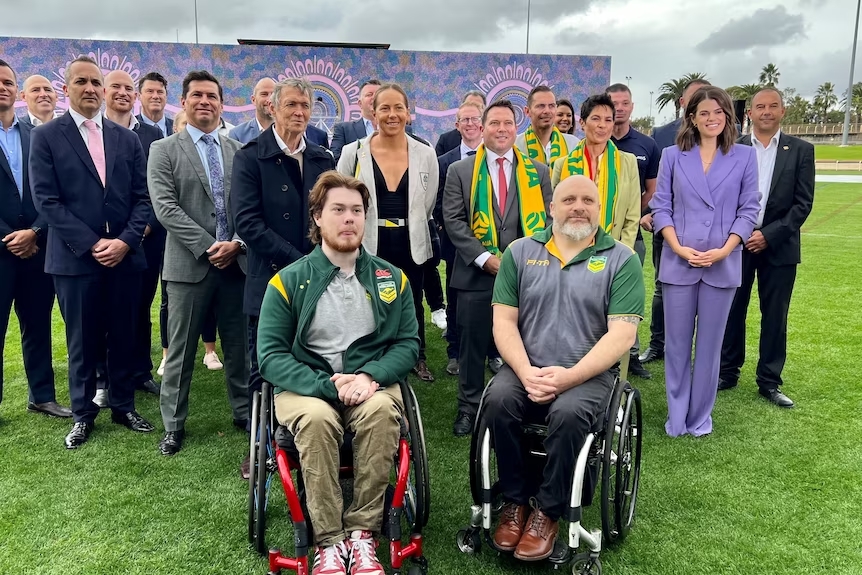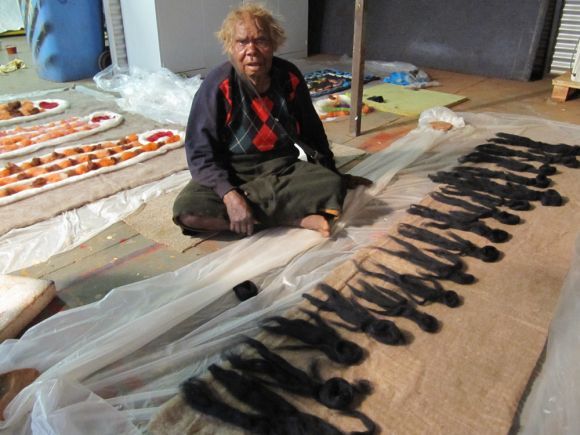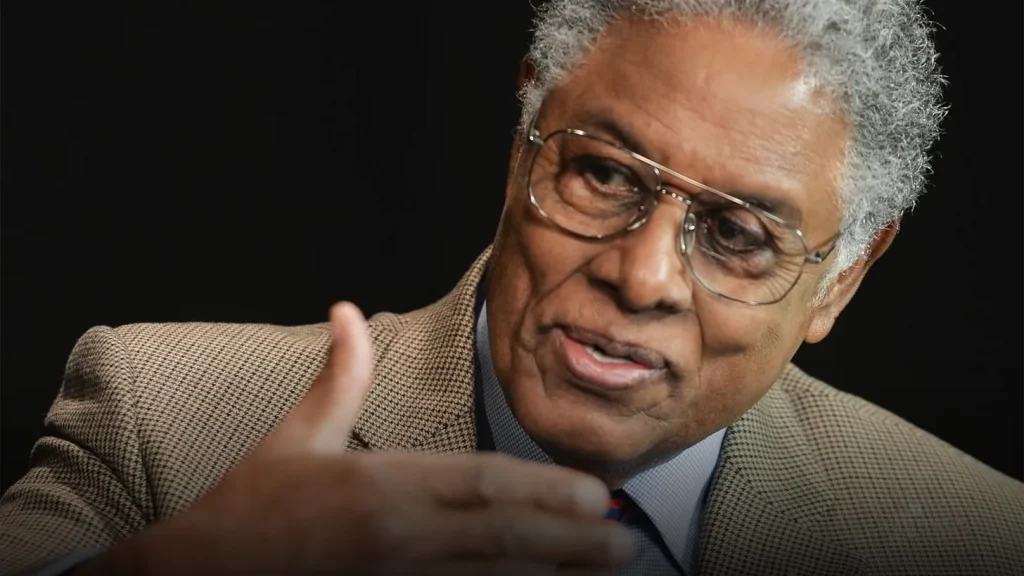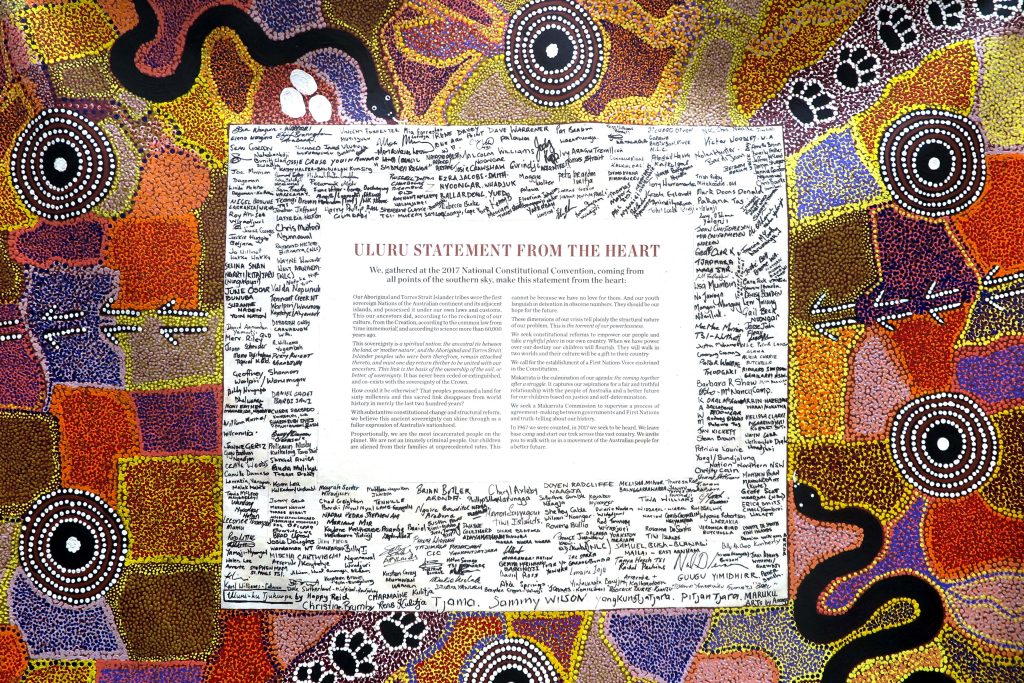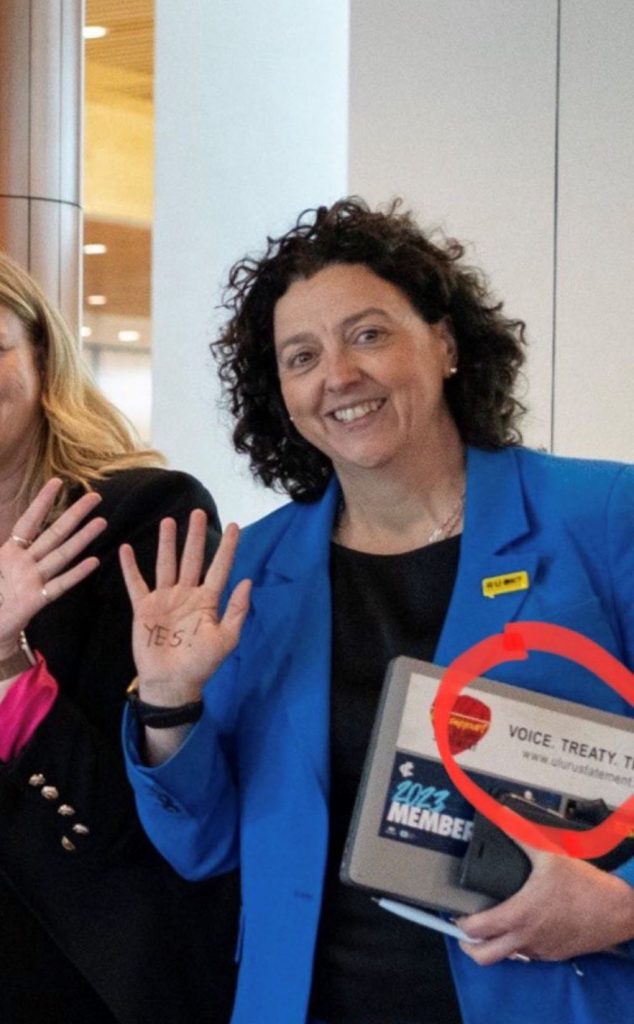Closing The Gap One Child At A Time
So Stan Grant wants to prance around like a prize git and pretend he is an oppressed man. Give me a break. Grant is healthy, wealthy, and (un)wise. I suggest he get over himself and let the wise think about the plight of the unhealthy and poor.
This is some of the bile he poured out at a recent ANU ‘oration’. ‘Not the big truths: how land is stolen without repatriation (I assume he meant reparation); how countries are invaded with no accountability; how people are killed without conscience; how the poor stay poor; how money buys speech…these truths that democracies hide so well.’
Let’s workshop this, Stan. Land stolen without reparation? Those who might conceivably require reparation are dead, Stan. The descendants are no more deserving than you or me. As for invasion, I presume you are aware that Aboriginal clans regularly invaded others’ territory. Were they held accountable, or indeed, did they pay reparation?
Killing without conscience, do you have any proof that either side did so? But be aware that murder was a capital offence under white man’s law from the earliest days of settlement and was enforced. The courts were, however, reluctant to intervene in inter-tribal disputes. As for staying poor, you seem to have worked out how to avoid that, Stan. Maybe you should pass on your secret to poor Aborigines; that would involve escaping a non-adaptive culture, but I guess if you admitted that, your whole Aboriginal identity thing would fall down around your ears. As for money buying speech, that is rich! Your top-end-of-town mates spent more than $50 million on the Yes case in the referendum. On the No side, we scraped around for pennies.
Close the Gap Research will concentrate on needy Aborigines. We will also call out the privileges and ideologies of upper and middle-class Aboriginal identifiers – like Professor Grant.
To cap it off, your distaste for democracy puts you in elite company. Translated, your disdain reads, ‘We of the elite were defeated by ordinary Australians, including many Aborigines, who could smell a grab for power a mile off. We were foiled when we tried to defile the Australian constitution and undermine universal citizenship in favour of group rights. Now I want to get back at you, you common bastards.’
Grant will get back at us in his new job. He was recently appointed a professor and inaugural Director of the Constructive Institute Asia Pacific at Monash University. If you have never heard of ‘constructive’ journalism, think of a ‘public interest’ NGO, ‘activist’ journalist, or ‘ABC’ journalist.
The constructive journalist is no mere cipher. Instead, they will facilitate ‘conversation with experts and those in power.’ That is precisely what the ABC and 9 News did in the referendum when they berated anyone who opposed the ‘experts’ from the Yes camp. The predominant side, woke academics and craven CEOs, readily captures journalists who take on this facilitative role.
If Professor Grant and the entire Aboriginal industry and their activist ciphers want to bat on after their drubbing at the referendum, we will be there to greet them. Our winning team, Recognise a Better Way, one of the teams on the No side, is flipping to the next phase in the war against Aboriginal separatism.
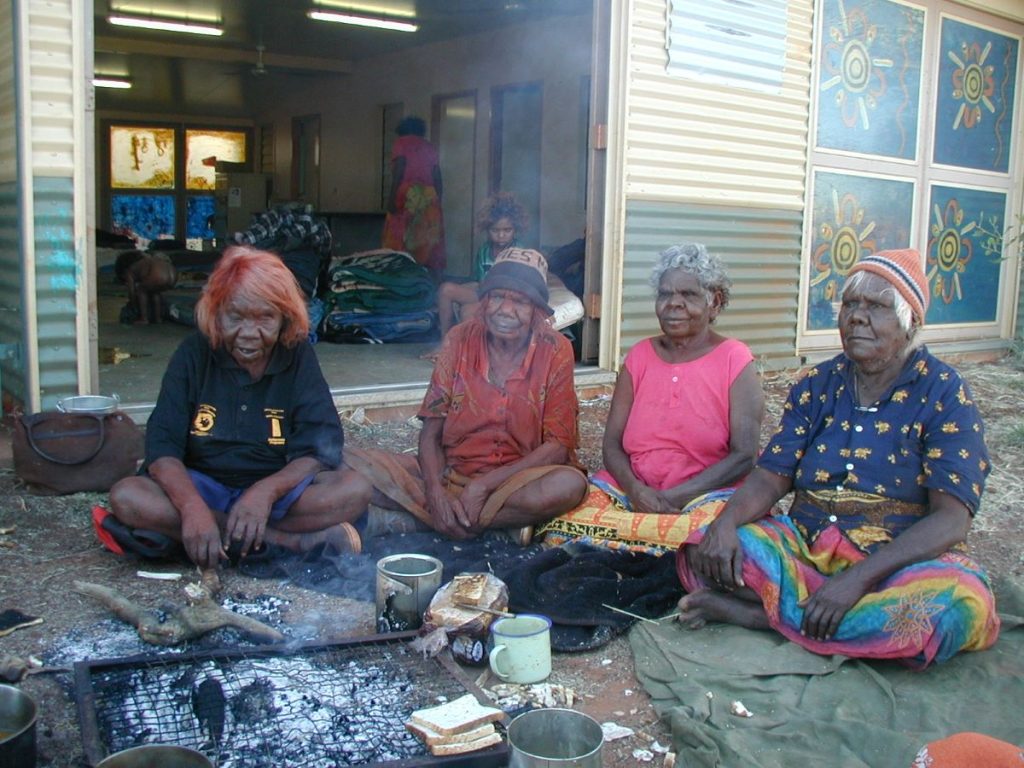
Close the Gap Research (closethegapresearch.org.au) will concentrate on needy Aborigines. We will also call out the privileges and ideologies of upper and middle-class Aboriginal identifiers – like Professor Grant.
We want to carry the fight to the industry that created the mess in the first place. We will assess existing programs for relieving the benevolent needs of Aboriginal people in three fields: school scholarships, employment programs, and prisoner rehabilitation.
These are critical points of intervention in a person’s life. Our method is to team with providers who are prepared to publish proof of success. Organisations prepared to publish their measure of impact and methodology would be added to a list of preferred providers.
Those who might conceivably require reparation are dead. The descendants are no more deserving than you or me.
The Productivity Commission, for example, reports on Aboriginal welfare relative to the non-Aboriginal population but does not assess whether the funds invested in raising Aboriginal Australians’ living standards are effective.
There is also the more significant question of what to do for those stuck on land with no economic base. It’s why we suspect the children of Aboriginal landholders are losing interest in the land rights game: there is little in it for them. They need the key to the broader world that lies beyond the title.
Several billion dollars are spent on programs for Aboriginal people each year. A small percentage improvement in the effectiveness of these programs would represent millions of dollars of new investment in programs. Now that is constructive, Stan.

